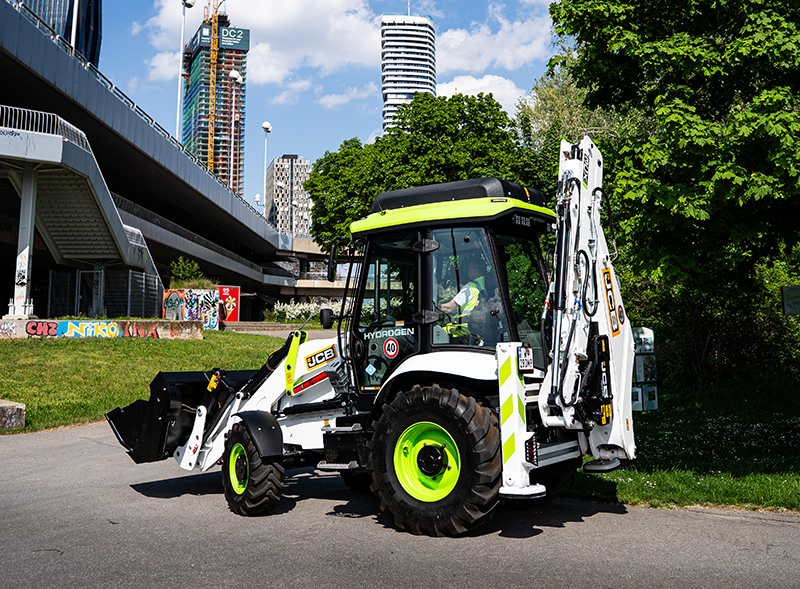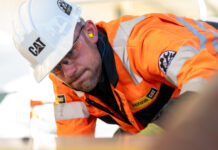JCB is celebrating another milestone for its hydrogen technology development programme after securing the first full EU type approval of its hydrogen engine for use in non-road mobile machinery.
This means the manufacturer’s hydrogen engine has been approved for sale and use in machines and third-party OEM equipment in each of the 27 EU member states, and all other territories recognising EU type approvals.
The EU type approval certificate has been issued in accordance with Regulation (EU) 2016/1628 and certifies JCB’s hydrogen combustion engine to prevailing EU Stage V emissions norms.
This latest development follows earlier rulings by licensing authorities in nine countries in mainland Europe allowing the engine to be used commercially in machines in those countries under ‘new technology’ provisions.
JCB chairman Anthony Bamford, who has led the hydrogen engine project, said, “This is another very significant moment for JCB’s hydrogen programme, It was not so long ago that some said that it was ‘game over’ for the internal combustion engine in Europe. For JCB to have secured full EU type approval is proof positive that the combustion engine does indeed have a promising future in pursuit of a net zero world if hydrogen, a zero CO2 fuel, is used instead of fossil fuels.
“I could not be more delighted for the JCB team that put so much work into getting us to this stage. Now our focus will be on bringing our hydrogen technology to market. JCB’s customers are patiently waiting for our hydrogen-powered equipment to make a difference on their job sites. They won’t have much longer to wait.”
GB approval was granted rapidly, initially for the ‘new-technology’, and now as full type approval.
JCB has had a team of 150 engineers working on the £100 million hydrogen development project for nearly four years. The firm has already produced more than 130 evaluation engines which are powering backhoe loaders, Loadall telehandlers and generator sets. Real world pre-launch testing of JCB’s hydrogen equipment is now at an advanced stage and described as ‘progressing well’.












